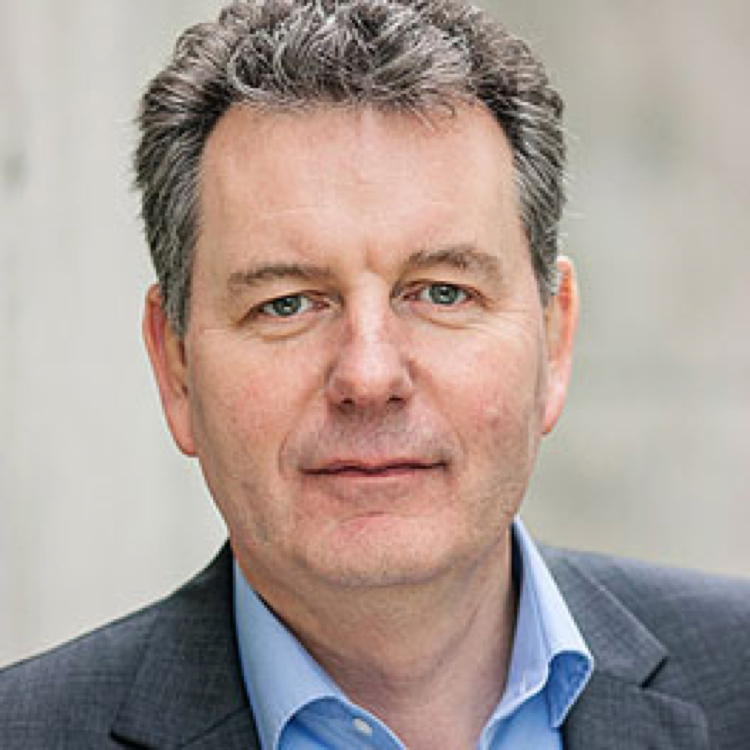The aim of Matthias Wessling’s research is to integrate selective mass transfer and conversion into micro-, meso- and macroscopic systems. In particular, he focusses on systems with functionalities controlled by tailored interfaces. Macroscopic systems are being analyzed, modeled and developed at his chair for Chemical Engineering at RWTH Aachen University (Aachener Verfahrenstechnik). At DWI, Matthias Wessling focuses on micro- and mesoscopic systems which integrate basic principles of boundary layers: (a) selective mass transport, (b) molecular-specific conversion and (c) charge transfer. The overall aim is to synthesize interactive materials systems inspired by nature. Using existing and novel materials, complex interactive structures are engineered and their structure-function relationship is analyzed in stable or transient pressure, concentration and electrical charge gradients. Applications are energy storage, water treatment and medical engineering.
Research Group Wessling
The aim of Matthias Wessling’s research is to integrate selective mass transfer and conversion into micro-, meso- and macroscopic systems. In particular, he focusses on systems with functionalities controlled by tailored interfaces. Macroscopic systems are being analyzed, modeled and developed at his chair for Chemical Engineering at RWTH Aachen University (Aachener Verfahrenstechnik). At DWI, Matthias Wessling focuses on micro- and mesoscopic systems which integrate basic principles of boundary layers: (a) selective mass transport, (b) molecular-specific conversion and (c) charge transfer. The overall aim is to synthesize interactive materials systems inspired by nature. Using existing and novel materials, complex interactive structures are engineered and their structure-function relationship is analyzed in stable or transient pressure, concentration and electrical charge gradients. Applications are energy storage, water treatment and medical engineering.

